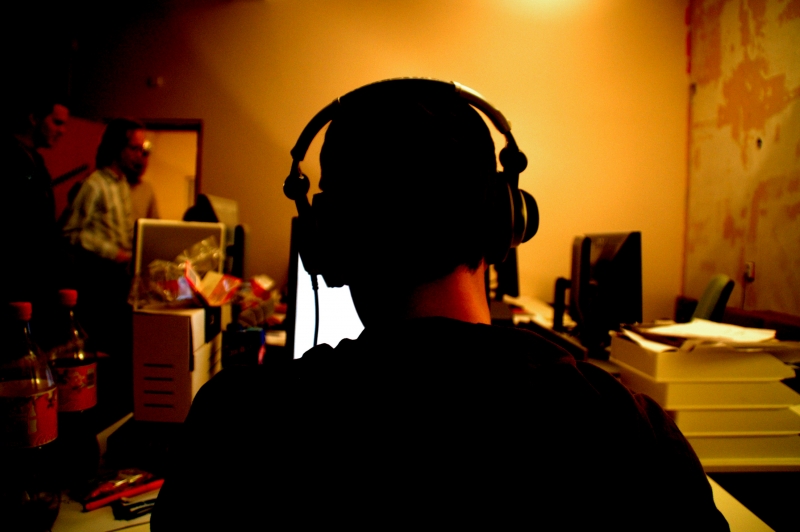A hot potato: Few topics cause as many arguments as gaming addiction. With the medium becoming increasingly popular, the supposed negative aspects of games are under the spotlight more than ever. It’s led to a UK inquiry into technology addiction, where two self-confessed former gaming addicts have been speaking about the dangers of playing titles excessively.

As part of the Digital, Culture, Media and Sport Select Committee’s inquiry into technology addiction, UK members of parliament (MPs) heard from Matus Mikus and James Good, who spoke about how a compulsion to play games dominated their lives.
As reported by the BBC, Good said that at one point while at university he spent 32 hours gaming without a break. "I was falling behind, my grades were slipping as a result of playing too many games. I didn't eat, sleep or leave my room. I escaped my problems via games."
As is the case with many people who find it difficult to walk away from the screen, Good said he preferred spending time in virtual worlds than the real one. "I was thinking, 'Why would I spend time with my friends when I can play video games?' It felt good to get points, trophies, beat people. It fuelled my competitiveness - but I realized I wasn't truly happy."
Good eventually dropped out of university after falling into depression, and later joined Game Quitters, an online resource for those struggling to quit video games. He did add, however, that gaming wasn’t the cause of all his issues. "Gaming becomes a problem because you let other things slide but it is not the root cause of the problem," he told MPs.

Mikus, who separated from his girlfriend over his gaming habit, said that games, by their nature, were addictive, and that parents should talk to their children about how much time they spent playing them. He suggested a maximum of three hours per day time restriction.
Back in November, Twitch streamer Ninja said “terrible” parents were to blame for their children’s Fortnite addiction.
At a previous hearing, the association for UK Interactive Entertainment (Ukie) defended its industry, saying there was a "lack of evidence" around the concept of gaming addiction. "We believe that games can provide educational, physiological, psychological, recreational and social benefits to players," it said. "Games provide rich story worlds, creative canvasses.”
While there have been suggestions for developers to add in-game warnings advising players to take a break, Good believes these would just be ignored. "If you're that engaged in a game, you just won't care," he said.
Middle image credit: Gladskikh via Shutterstock
https://www.techspot.com/news/79058-uk-inquiry-puts-gaming-addiction-under-spotlight.html
